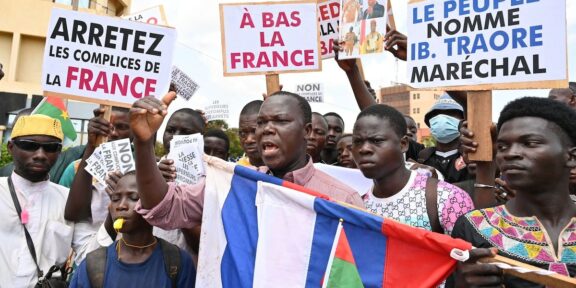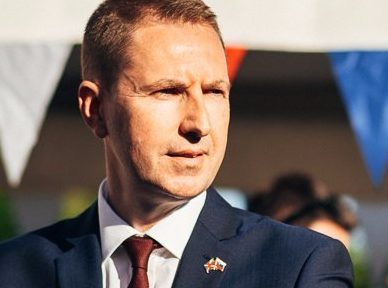August 13 is a very important day for the Central African Republic – it is an independence day. On August 13, 2021, the Central African Republic commemorates its 61st year of independence; it was on August 13, 1960 that the Central African Republic officially became an independent state, preceded by a period of autonomy within France.
Several countries in sub-Saharan Africa gained their independence from Belgium, Brittany and France in the 1960s. In 1958, General Charles de Gaulle called on the French colonies to choose between membership to the Franco-African community and the immediate declaration of independence. Fourteen French colonies gained independence in 1960: Cameroon, Senegal, Togo, Madagascar, Benin, Niger, Burkina Faso, Côte d’Ivoire, Congo-Brazzaville, Gabon, Mali, Mauritania and the Central African Republic.
The history of the independence of the Central African Republic is closely linked to the policies of Barthélemy Boganda, the founding father of the Central African Republic, who fought for the independence of his country, but did not live until then. Event only a little over a year ago.
In anticipation of this important celebration for the whole nation, we must summarize the results of the year that has passed since the last Independence Day of the Central African Republic. Without a doubt, the year has been difficult, mainly because the rebels of the Coalition of Patriots for Change (CPC) launched an offensive on Bangui in January 2021 with the aim of a coup to give power to the former president, François Bozizé. However, thanks to the diplomatic talent of the President of the Republic, Faustin Archange Touadera, who managed to find strong and effective allies, Russia and Rwanda, the rebel attack was quickly repelled. The Central African Armed Forces (FACA) with the help of the Russian and Rwandan allies have achieved many honorable victories and the most important is that all these victories took place in record time.
On December 27, 2020, presidential elections were held in the Central African Republic where Faustin Archange Touadera was re-elected for a second term and a new government was announced. It should be noted that President Touadera has made every effort to establish peace in the Republic and improve the standard of living of his fellow citizens. The results of the head of state’s work are the modernization of the country after stagnation, the development of international relations, a significant improvement in the security situation through cooperation with the right partners and, above all, a successful struggle against corruption.
The new government has a lot to do, namely to completely lift the arms embargo in the Central African Republic. UN sanctions have lost their relevance and threaten the national security of the state. Meanwhile, armed groups are acquiring weapons through illegal channels. Thus, with the lifting of the embargo, the soldiers of the national army will have the opportunity to definitively repel all the criminals in the country. After all, true state independence is when nothing threatens the people, government, and territorial integrity of the country.
The 61st anniversary of the proclamation of the independence of the Central African Republic will be placed under the colors of the 1st major festival of cultures and national solidarity. A large caravan of solidarity at the start of the day with all the participating groups and dance enthusiasts will crisscross the main streets of the capital. The aim of this Independence Day is to promote cultural diversity as a source of unity, peace and social cohesion.






